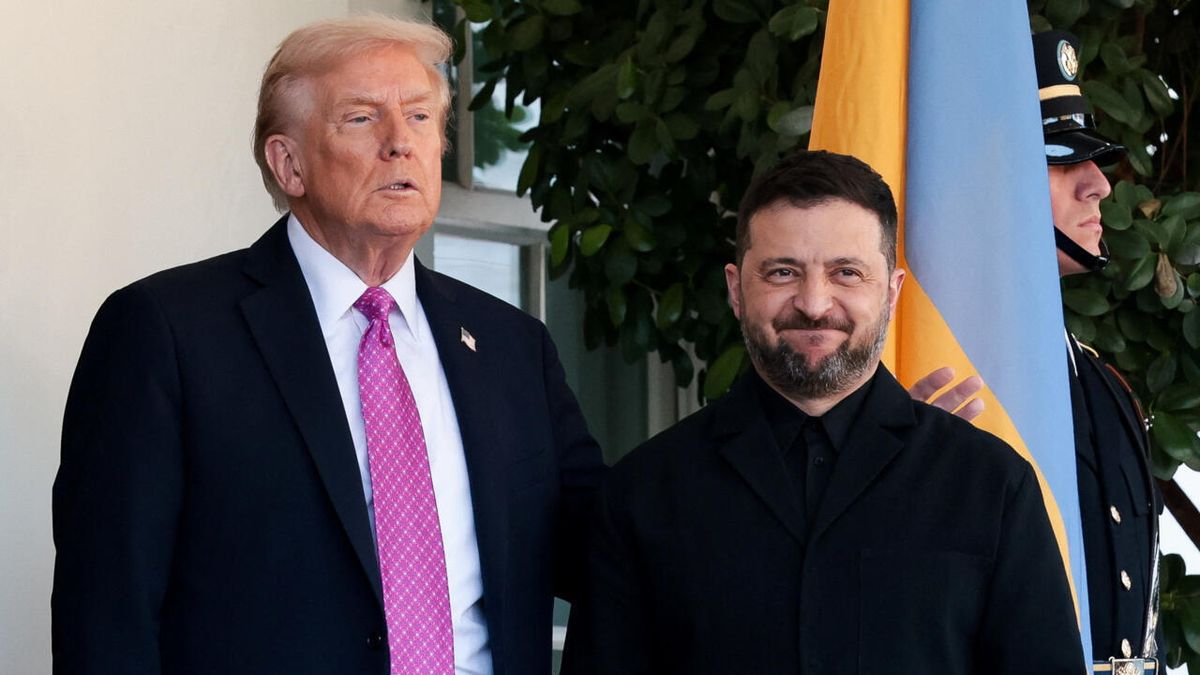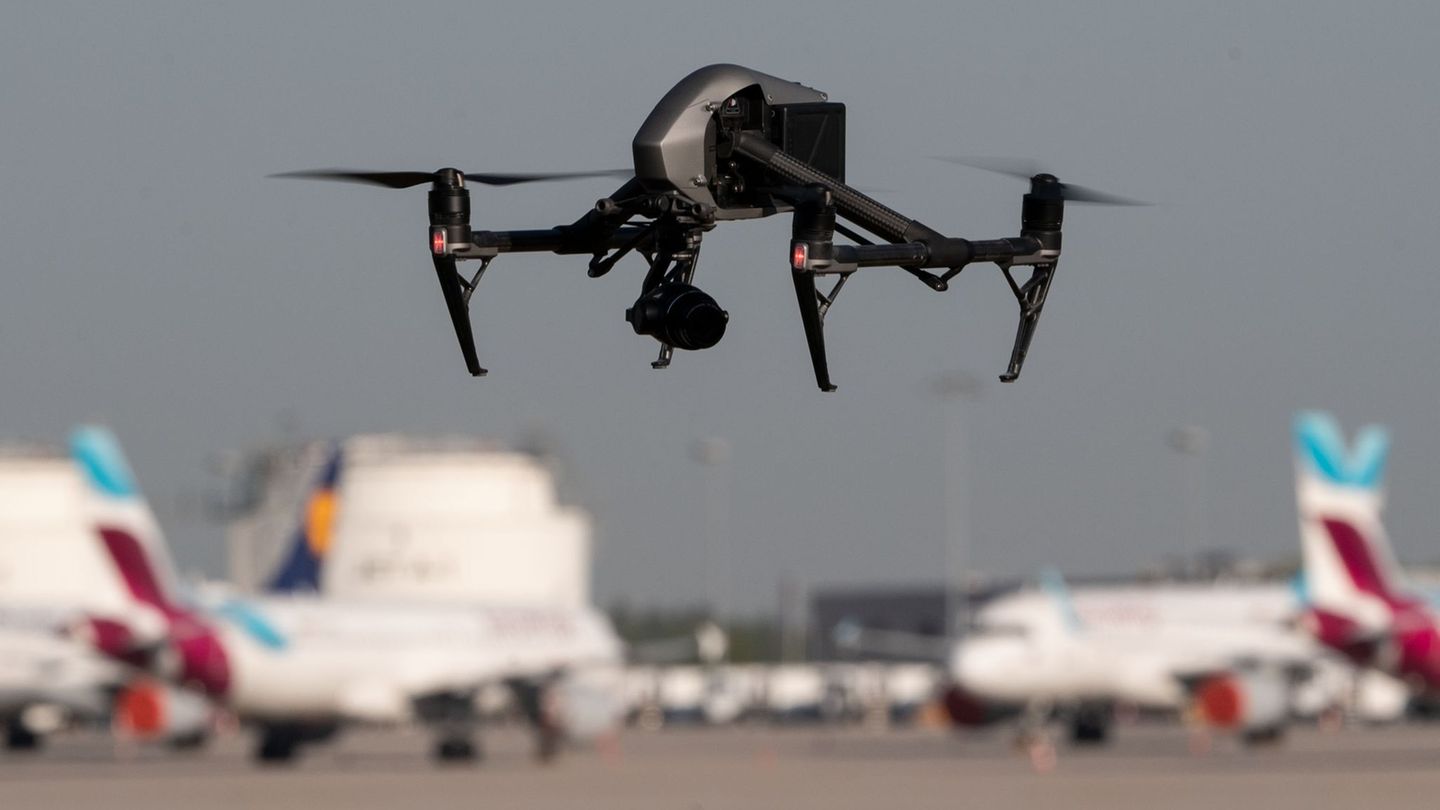I have been working in the news industry for over 6 years, first as a reporter and now as an editor. I have covered politics extensively, and my work has appeared in major newspapers and online news outlets around the world. In addition to my writing, I also contribute regularly to 24 Hours World.
Menu
Drone defense: Are Germany’s airports protected from drones?
Categories
Most Read
Migration: Headwind for Merz from the SPD after “cityscape” remark
October 17, 2025
No Comments
Nord Stream 2: Schröder defends Nord Stream 2 in the investigative committee
October 17, 2025
No Comments
Thomas Pardeller: Drug allegations against CSU mayor in Bavaria
October 17, 2025
No Comments
Gerhard Schröder testifies: The former Chancellor’s gaps in memory
October 17, 2025
No Comments
Book fair: stern-hour live – Jens Stoltenberg, how endangered is Europe’s security?
October 17, 2025
No Comments
Latest Posts

Mercosur International Theater Festival in Córdoba with more than 100 works
October 17, 2025
No Comments
From October 4 to 12, Cordova It became the epicenter of the cultural life of the region. With more than 100 works that are represented

World Pain Relief Day: Are all pains equal?
October 17, 2025
No Comments
October 17, 2025 – 17:53 Many patients who come to the office tell me that they prefer to tolerate the pain without undergoing any treatment

Donald Trump rejected Volodymyr Zelensky’s request for long-range weapons: We need them
October 17, 2025
No Comments
After mediating in the peace negotiation in the Gaza Strip, donald trump was found with dissimilar signs of the presidents of Russia and Ukraine in
24 Hours Worlds is a comprehensive source of instant world current affairs, offering up-to-the-minute coverage of breaking news and events from around the globe. With a team of experienced journalists and experts on hand 24/7.

